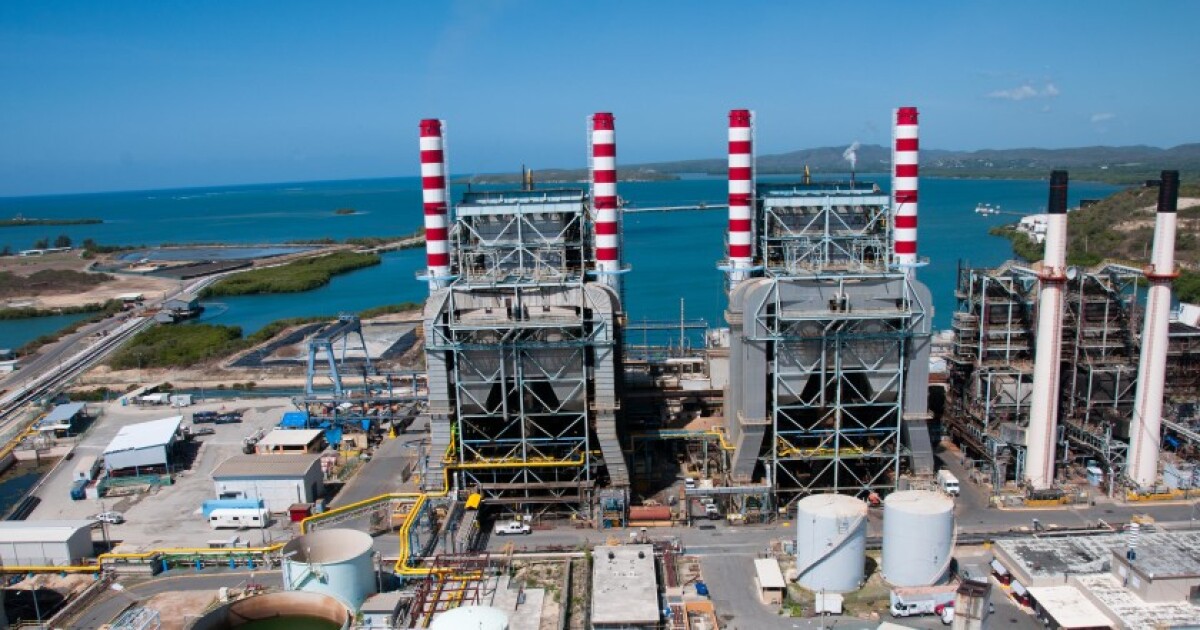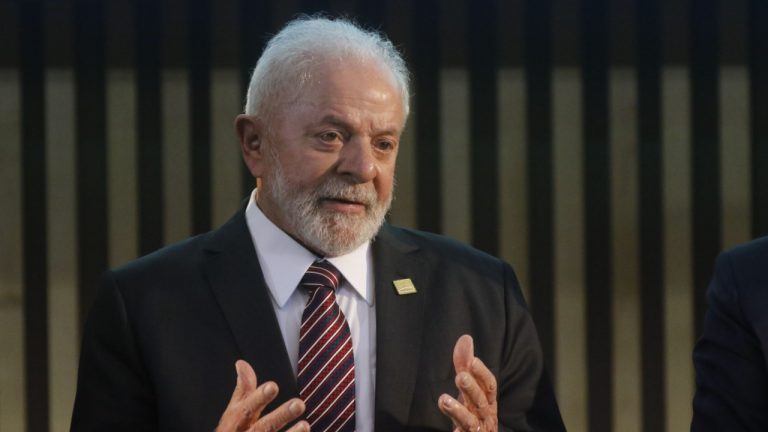PREPA deal offers bondholders a base of 50%
3 min read
Bondholders would receive payment of at least 50% under the Puerto Rico Oversight Board’s proposed Puerto Rico Electric Power Authority restructuring deal, which bondholders say is less generous than previous plans and will only delay the process.
The board filed its proposed plan of adjustment with the U.S. District Court for Puerto Rico Friday evening.
“Every member of the Oversight Board is keenly aware that the residents and businesses of Puerto Rico will have to shoulder the payments of this greatly reduced debt through their electricity bills,” said Board Chairman David Skeel. “The plan we filed today is a big step forward.”
“The [Oversight Board]’s decision to file a highly coercive plan that lacks meaningful creditor support and has no chance of being confirmed will only serve to extend PREPA’s nearly six-year-long bankruptcy, ensure that electricity service remains unreliable and lead to higher costs for the people of Puerto Rico,” said Stephen Spencer, financial advisor to the Ad Hoc Group of PREPA Bondholders.
“The [board]’s pursuit of pointless litigation is a transparent attempt to obscure the [board]’s failure to reform PREPA’s operational reliability,” Spencer continued. “The biggest losers in this debacle are the island’s residents.”
While PREPA creditors have repeatedly “offered concessions and put forth viable debt restructuring solutions,” Spencer said, the board continues “to undermine market confidence in Puerto Rico, prevent capital investment on the island and jeopardize the deployment of federal funds.”
But given “increasing incentives to resolve the situation” for both sides, Municipal Market Analytics Partner Matt Fabian said, “it’s believable that [the board’s proposed plan] will happen.”
“PREPA now represents just under half of all municipal bond debt that’s currently in payment default, so its reduction, one way or another, would be a gain for the industry in aggregate,” Fabian said.
The Ad Hoc Group on Sunday asked bankruptcy Judge Laura Taylor Swain to extend to Dec. 30 from Dec. 23 the time to object to the plan. Bond insurers Assured Guaranty and Syncora Guarantee filed motions supporting that request.
On the other hand, bond insurer National Public Finance Guarantee this weekend announced it had reached an “agreement in principle” with the board.
The Ad Hoc Group’s filing called the plan “absurdly complex,” and said it “relies on the highly coercive, opaque structure designed to force individual bond holders — both large and small — into making a snap Hobson’s choice between different (and differently insufficient) recoveries prior to a court-approved solicitation process.”
Before a deal, they said, the court must approve a disclosure statement, resolve gating issues about bondholders’ right to payment and security, and there needs to be plan-related discovery.
The board proposed submitting information to a web-based depository for bondholder access, the Ad Hoc Group said. “But the Oversight Board’s self-selected documents may well be insufficient to evaluate the sufficiency of its proposed disclosure statement.”
Still, the Ad Hoc Group argues this plan gives creditors billions less than was offered a few weeks ago and in the plan the Oversight Board and PREPA had agreed to in the 2019 Restructuring Support Agreement.
Holders and insurers of $7.6 billion of PREPA bonds did not offer approval of the proposal, the board said this weekend. The plan, the board said, lets bondholders choose a guaranteed minimum distribution settlement or take a chance on “the outcome of the litigation the Oversight Board resumed in September to limit bondholders’ lien on PREPA’s revenue and to limit severely their allowable claim on which they may be paid distributions.”
In the plan, most creditors would receive new bonds with a 6% annual interest rate, paid by a hybrid charge made up of a flat connection fee and a volumetric charge that would be added to the authority’s electrical bills.
Puerto Rico Oversight Board Member Justin Peterson put out a statement saying he “voted against the plan of adjustment filed by the [board] because I believed it treated bondholders unfairly, and because I believe it was predicated on financial analysis produced to solve for a desired outcome — to pay as little as possible.”
The plan would treat PREPA retirees the same way Puerto Rico’s central government employees are treated by central government’s plan of adjustment.







